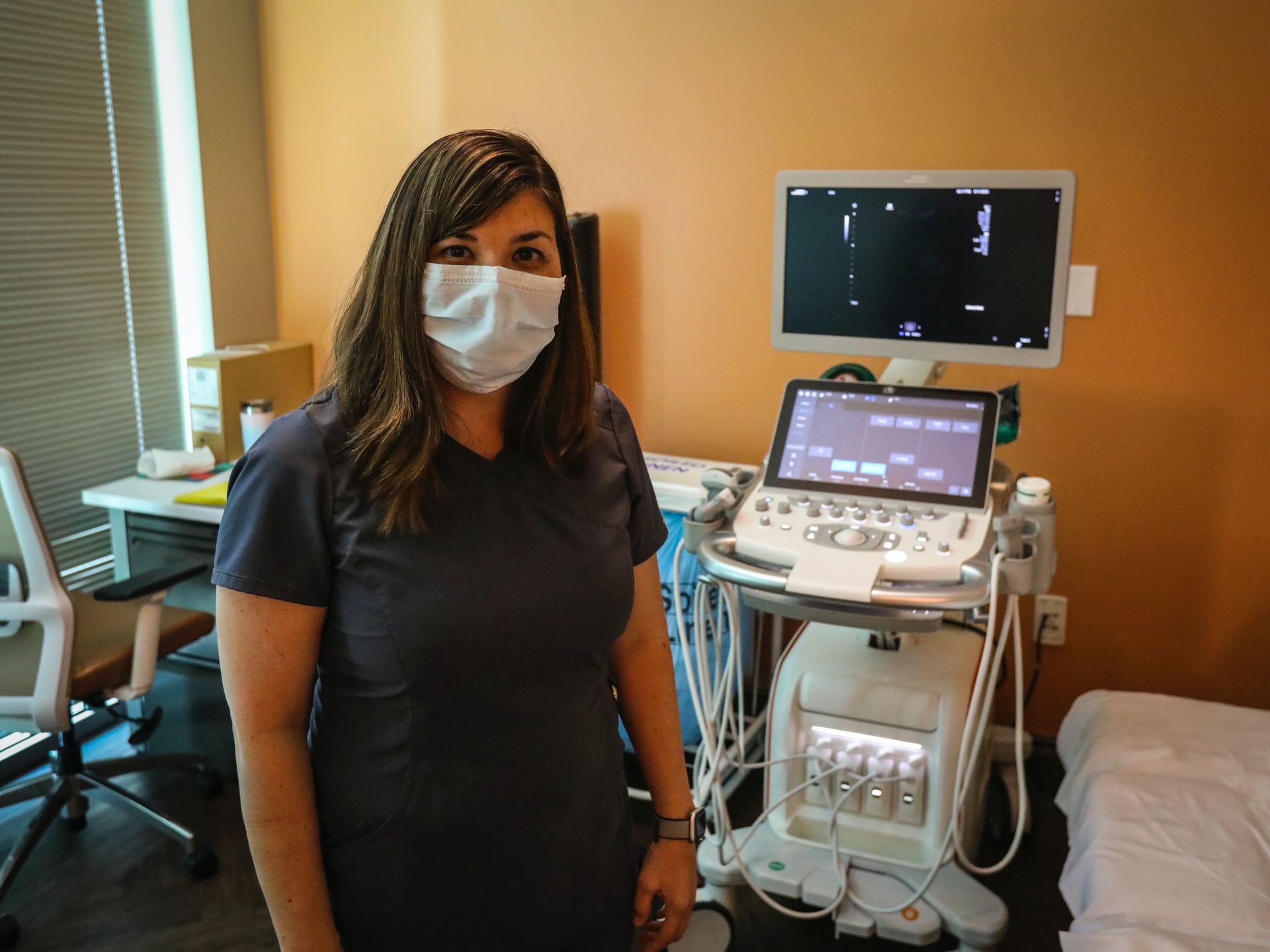IUGR is a condition where the unborn baby is much smaller than it should be inside the mother’s womb. This condition occurs when the baby is not growing at a normal rate, and they may be at risk, including the mother.
There are a number of causes and many complications that the mother needs to look at while carrying the baby. But fortunately, there are also treatments for the mother and baby.
Take a closer look at what can cause this condition and how to use the different treatments for the sake of your baby.

What Are the Causes Of IUGR?
There are many causes for this condition, and the mother can prevent some of them. Smoking and drinking alcohol by the mother can cause this condition to occur while carrying the baby.
In many cases, the condition happens because the fetus does not receive the right amount of nutrients to grow properly. This might be caused because there may be a problem with the placenta, which is the tissue that transfers the nutrients and oxygen to the baby.
Another problem that often occurs may be that the umbilical cord’s blood flow, which connects the baby to the placenta, may be faulty. There might be many other problems that cause this condition, such as infections or drug use, as well as other illnesses that are not in the mother’s control.
How Is It Diagnosed?
Even before the baby is born, the doctor will measure the mother’s belly, called the uterine fundal height. Another method that is quite often used is the prenatal ultrasound test that uses soundwaves to show the baby’s body.
The pictures from the sound test will help the doctor to determine the baby’s size and can, in this way, tell if it is growing healthily. These sound tests may also help find other problems regarding the placenta and the blood flow through the umbilical cord.
This test will only take a few minutes and can be used to determine the baby’s overall health and growth.
How To Treat IUGR
The treatment for this condition will depend on how far the pregnancy is as well as the overall health of the baby and mother. The treatments may include a healthy, nutritious diet for the mother so she can gain the right amount of weight during pregnancy.
In some cases, the doctor will put the mother on bed rest to help improve the blood flow to the baby. In other severe cases, the doctor might recommend that labor be induced for the sake of the baby and the mother.
Other medicinal treatments may also be used for the health of the baby and the mother with the doctor’s discretion.
What To Do If Your Baby Has IUGR
If it happens that your baby has IUGR, you must follow the doctor’s instructions to the full and attend all prenatal visits. You should also go to all testing appointments so the doctor can keep track of the baby’s growth and overall health.
Other things to do are to make sure you get the nutrients and follow a healthy diet, and you should also get enough sleep. Avoid all the things that may cause IUGR, such as alcohol, smoking, and drugs, and take overall good care of yourself.
The best thing to do is to make sure you are healthy and gain the right amount of weight and follow the doctor’s instructions.
What Problems Can Happen?
Babies with IUGR have a higher risk of other health problems and need to be taken care of after birth to ensure their health. Problems with breathing and feeding and trouble to maintain a steady body temperature may occur.
The conditions that cause the problem of IUGR will determine the lasting effects on the baby and the overall health.
See the following YouTube video for the diagnosis and treatment for this condition to help your baby and yourself.

Conclusion
There are ways to treat the baby with this condition, but this might be dependent on the severity of the condition. In the cases where the labor is induced, these babies are born premature and need to be closely observed.
In most cases, the baby will be kept in the hospital after birth to closely monitor its health.







